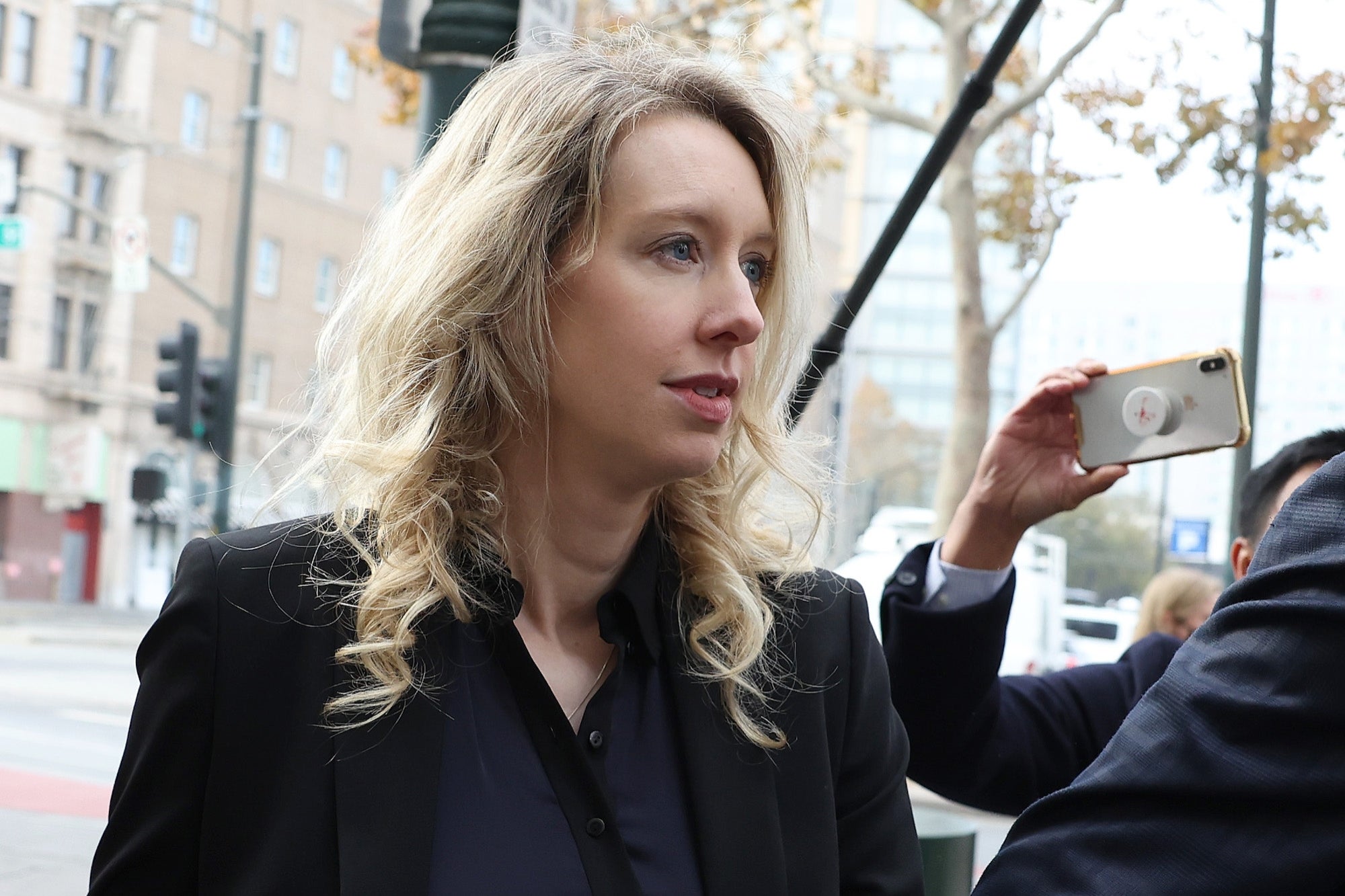Here's the Problem With How We Address Burnout
The issue with how we approach burnout — and what we should be doing instead

By Jason R. Waller •
Opinions expressed by Entrepreneur contributors are their own.
For a host of reasons, burnout is a frequent topic with my clients these days. It's become a common word — lobbed back and forth in workplace conversation, lamented as a side effect of a difficult project and almost the expected affliction of any high achiever. But it's more than just a word.
Let's align on a definition. Burnout isn't simply fatigue or exhaustion. We tend to throw the word around a bit when talking about times of stress or difficulty, but burnout is more specific and chronic. While not recognized as a medical condition per se, the ICD-11 defines burnout as:
"A syndrome conceptualized as resulting from chronic workplace stress that has not been successfully managed. It is characterized by three dimensions: feelings of energy depletion or exhaustion; increased mental distance from one's job, or feelings of negativism or cynicism related to one's job; and reduced professional efficacy."
Related: 7 Ways to Get From Burnout to Balance
Note that I'm exploring the professional context here, but burnout can apply to other aspects of life more broadly. Each dimension is separate but interconnected to the others, and as such, each requires its own remedy.
The latter two dimensions require a bit of introspection on what your values and goals are and how those values are met in your work. What motivates you? How do you connect what you do to meaningful impact within your team or even the broader world? The trap, though, is to stop at this introspection and let it fester into resentment. Often, as we experience burnout, the default is to withdraw and disconnect. This begins a vicious and self-perpetuating cycle and robs us of the real opportunity to make a change: connection. This change could look like open conversations around role and purpose, assertiveness with peers and setting boundaries, to name a few.
Deferred renewal
There are hundreds of ways to parse this idea, each one driven by the unique context of work culture and personality. But connected to the first dimension, I want to share one of the biggest traps that provides a fertile growing ground for burnout. I call it deferred renewal. It looks like this: "If I can just get to the weekend, then…" or "If I can just get to the end of this project, then…" or "If I can just get to my vacation in June, then…"
The risk here isn't just that you're deferring on your opportunities to recharge until some later date, it's that you implicitly give yourself permission to work unnecessarily harder now. The problem with "feelings of energy depletion or exhaustion" is that this negative balance compounds over time, to a point where even a two-week vacation isn't nearly enough to restore balance. Worse still, the time off gets painted with a tone of dread for having to jump back into work after it's all over.
I'm all for vacations and weekends and celebrating the end of a big project. But the risk is when they become our saviors from the exhaustion of the day-to-day. Burnout is a daily malady, and as such, it requires a daily remedy. It begins with a willingness to look at the unit of time between waking up and going to sleep as the only real fuel tank that matters for long-term success. Plenty of things get in the way of this: complex responsibilities, the ever-growing to-do list, short-staffed teams, etc. But saying "no" to things today means saying a bigger "yes" tomorrow.
Related: 4 Ways to Combat Burnout Before It Even Starts
What can we do?
So, what can we do about this, both we as individuals suffering from a growing sense of burnout and we as leaders caring for our teams who might be on that same path? The first step is really what was mentioned above: recognizing this as a daily intervention. The instant we go into an energy debt by convincing ourselves we can defer our renewal to a later date, we've started down the slippery slope of burnout. Sure, there are important project deadlines that come up, but if every day feels like an emergency, then it's only a matter of time before the emergency becomes real.
Once you start to embrace the idea of a daily intervention, try keeping track of your daily energy over the next two weeks. Notice what takes away from your fuel tank and what adds to it. Notice when this happens and why. Notice the difference between times of day and the days themselves. Then, build a plan with actionable steps that you can check in on daily to maximize recharge and create energy-net-positive days.
It's not easy. It may require you to say "no" to things that feel hard to say "no" to. You may not feel like you're keeping up with your peers. These are all common stories — some of which might even be true — that can feed the process of burnout. But however real these stories are, the most real story is this: If you continue down the path of deferred renewal, someday you won't have a choice. Today, you do. Good luck on your journey.












